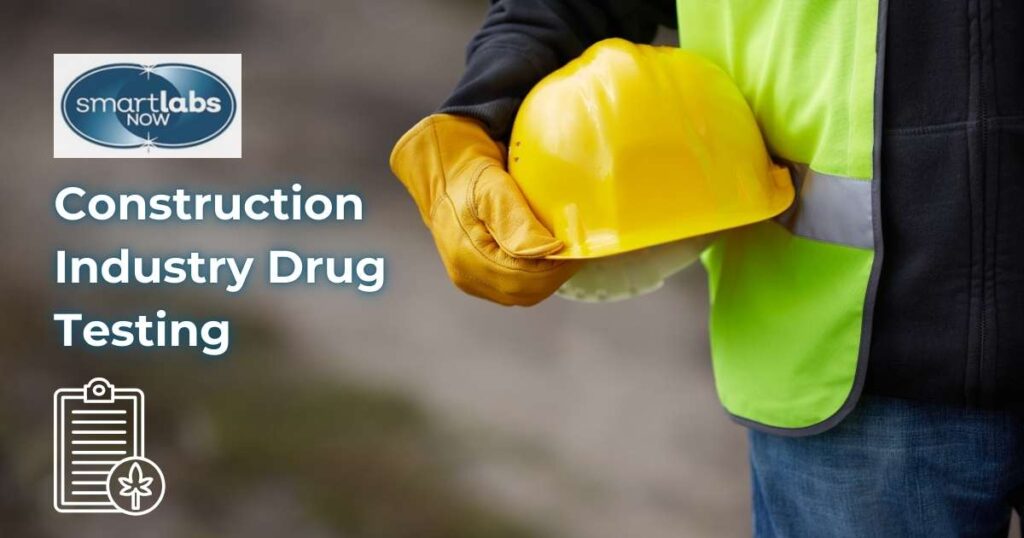
Drug testing is pivotal in ensuring the safety, efficiency, and compliance of construction workplaces. Construction jobs demand precision, alertness, and adherence to strict safety protocols, making drug-free workplace policies critical.
Beyond fostering a secure environment, drug testing mitigates risks, reduces workplace injuries, and boosts overall productivity. Drug scans, whether through pre-employment screening, random testing, or post-incident assessments, are essential for maintaining a reliable and effective workforce in this high-stakes industry.
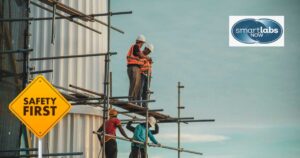
Drug testing in the construction sector addresses key challenges such as safety, compliance, and productivity. Here are the primary reasons for its significance:
According to the National Safety Council, 15% of construction workers struggle with substance abuse, emphasizing the need for vigilant testing.
Further, the U.S. Bureau of Labor Statistics reports that the construction industry has one of the highest rates of workplace injuries, often linked to impairment.

Drug testing in construction is governed by various laws and regulations designed to balance workplace safety with employees’ rights. Here are the critical aspects:
Construction companies working on federal contracts must adhere to federally mandated drug-free workplace policies, including pre-employment and random drug testing.
The Department of Transportation (DOT) requires stringent drug and alcohol testing for safety-sensitive positions, including those in construction.
Laws protect workers from discrimination during drug testing. Employers must follow legal procedures to ensure transparency and fairness.
While Oregon allows workplace drug testing, it emphasizes the need for clear policies. Construction companies must inform employees about testing procedures and ensure compliance with state laws.
Failing to conduct adequate drug testing can lead to costly lawsuits, increased accidents, and reputational damage.
Drug testing is particularly crucial for roles involving heavy machinery, high-risk tasks, or hazardous materials. Ensuring sobriety in these positions prevents accidents and injuries, safeguarding workers and the public.
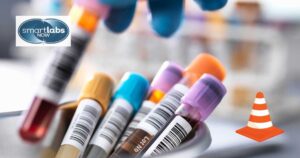
Drug screening for construction jobs typically involves several components tailored to ensure workplace safety and compliance. Here’s what’s involved:
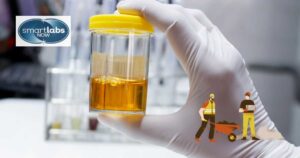
The construction industry employs various drug testing methods to detect substance use. Each type offers unique advantages depending on the situation:
The most common method, detecting substances within days of use. Urine drug scans are often used in five-panel tests to screen for marijuana, cocaine, opioids, amphetamines, and PCP.
These detect drug use over a longer period (up to 90 days). Hair drug tests are useful for identifying chronic substance abuse.
The U.S. Department of Transportation (DOT) mandates these for safety-sensitive roles. They include alcohol testing to ensure comprehensive screening.
These are comprehensive tests that identify a wide range of substances and are ideal for high-risk environments.
These are conducted immediately after incidents to determine culpability and ensure accountability.
Convenient on-site testing for large teams, minimizing downtime and ensuring compliance.
The detection period varies by specimen type. Urine tests identify recent use, while hair tests reveal long-term patterns. Federally mandated testing ensures adherence to legal and safety standards.
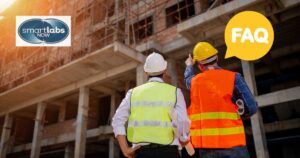
Testing frequency varies but typically includes pre-employment, random, and post-accident testing.
If an employer observes behavior indicative of drug use, they may request a test based on documented suspicion.
It deters substance use and promotes a culture of accountability.
Employees involved in workplace accidents are tested immediately to determine if drugs or alcohol contributed.
Licensed and rigorously accredited labs, such as Smart Labs Now, provide reliable, DOT-compliant drug testing services tailored to the construction industry.
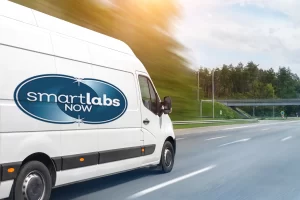
Smart Labs Now offers affordable, quick, and accurate drug testing services for construction firms in Oregon. Our DOT-compliant testing ensures that safety-sensitive positions remain secure. Services include:
Promote safety and productivity in your construction projects.
Partner with Smart Labs Now today 🤝!
Please consult your primary care physician before engaging with any pharmaceutical, natural substances, or activity regimens mentioned or prescribed in this post. Smart Labs Now is not responsible for health or life outcomes based on the information or recommendations provided. This account does not serve as a substitute for professional medical advice/help.